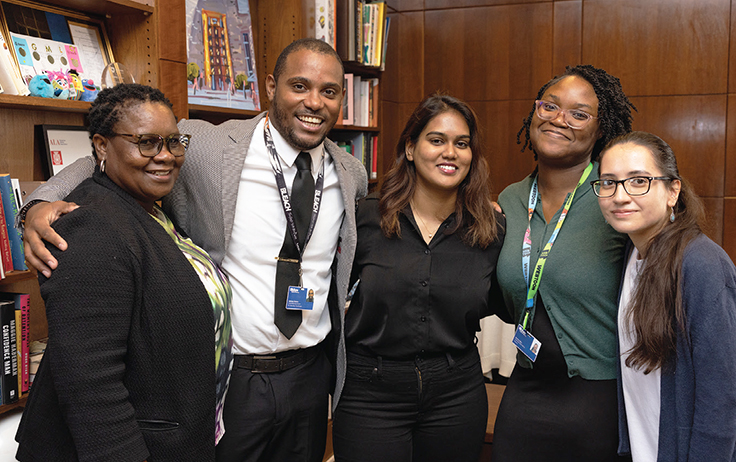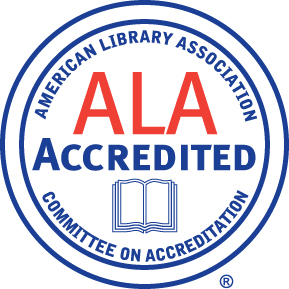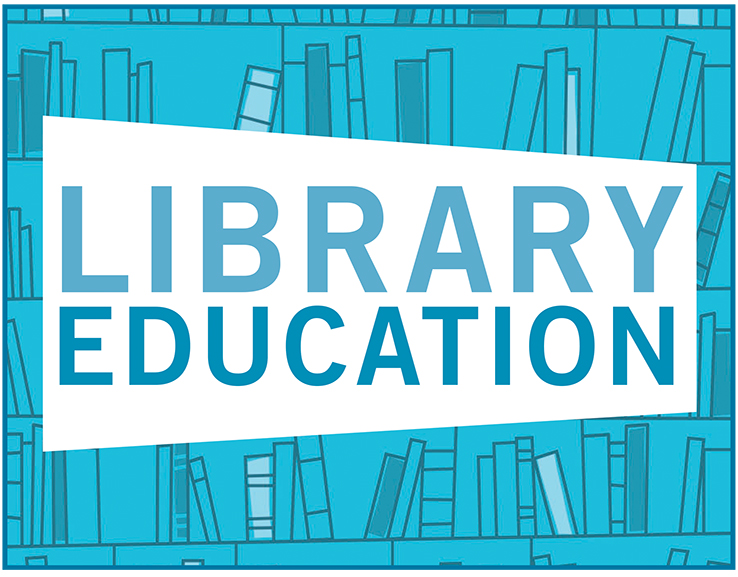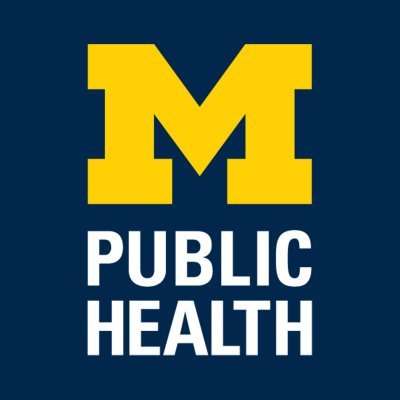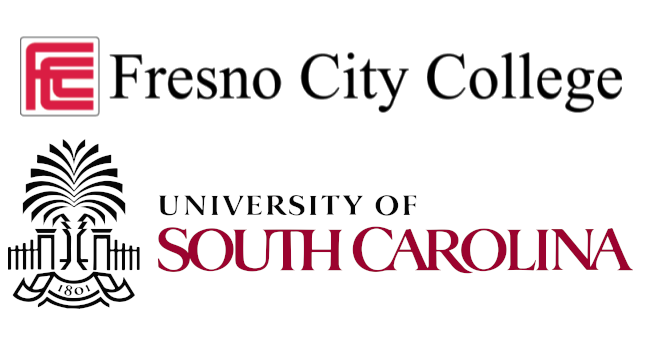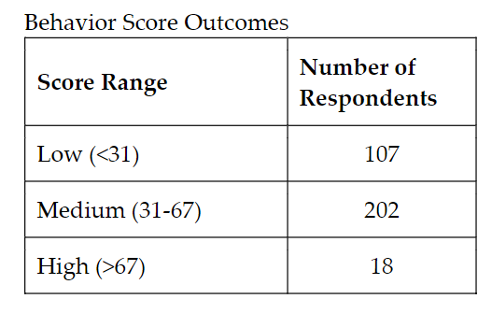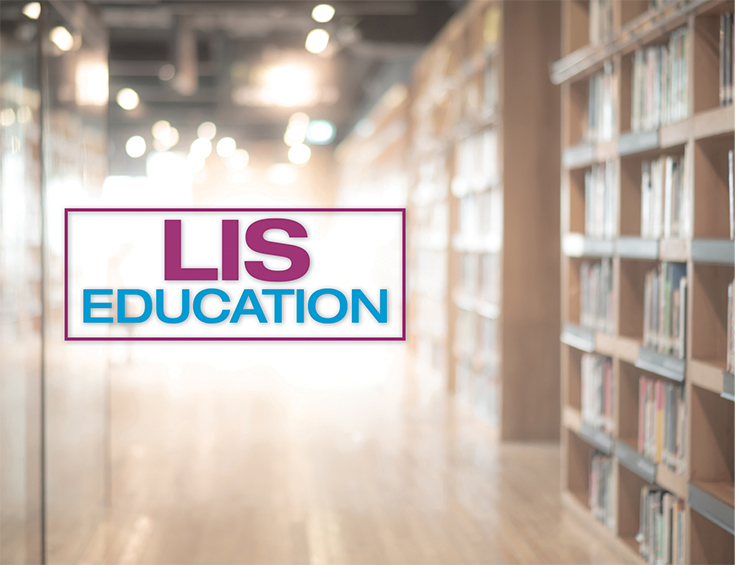News
There are many barriers to earning a Master of Library Science degree, particularly for those in minoritized populations, and moving the needle for would-be librarians has proved to be a challenge. Initiatives to increase diversity in librarianship have been slowly increasing. Among these, the Pathways to Leadership program at Brooklyn Public Library (BPL), launched in 2021, is a particularly strong example of how wraparound support can look—and succeed.
A Georgia senate bill aimed at detaching the state from the American Library Association (ALA) could send ripples throughout Georgia’s public library system and the state university that trains librarians. Senate Bill 390 would put a firewall between Georgia libraries and ALA. Effective on July 1, 2025 if enacted, it would remove ALA as an accrediting organization within the state and would ban ALA and its affiliates from receiving taxpayer—and even privately donated—funds for the association’s materials, services, or operations.
Although lacking 2022’s dramatic job market gains, this year’s Placements and Salaries survey demonstrated a hard-won stability.
With the onslaught of pressures facing librarians today, how are library and information science programs preparing the next generation of graduates?
In “Uprooting Racial Health Disparities: Genealogy as a Community Health Library Service,” Lynette Hammond Gerido, University of Michigan School of Public Health, studies the outcomes and affordances of genealogical and family health history research.
In “Spanish-speakers Preferred: How Libraries Can Make Their Workforce Better Reflect Their Communities,” Andrew A. Wakeleea (Fresno City College) and Kim M. Thompson (University of South Carolina) study library employment trends and offer suggestions for how to better foster a more inclusive workforce.
LJ is piloting a new column called Research Briefs, which will summarize in plain language some key takeaways of recent research on librarianship, and point to the full paper for those who want to know more. In “The Effects of Counterproductive Workplace Behaviors on Academic LIS Professionals’ Health and Well-Being,” Christy Fic (Shippensburg University of Pennsylvania) and Maggie Albro (University of Tennessee Knoxville) study how counterproductive workplace behaviors (CWB)—which include theft, sabotage, interpersonal aggression, wasted time or resources, and workplace rumors—lead to professional burnout in academic librarians and archivists.
Salaries are way up, and culture is even more important in this year’s Placements and Salaries survey.
For librarians looking to change career course, post-MLIS certificates can help them learn a new specialization or catch up on technologies.
ALREADY A SUBSCRIBER? LOG IN
We are currently offering this content for free. Sign up now to activate your personal profile, where you can save articles for future viewing
